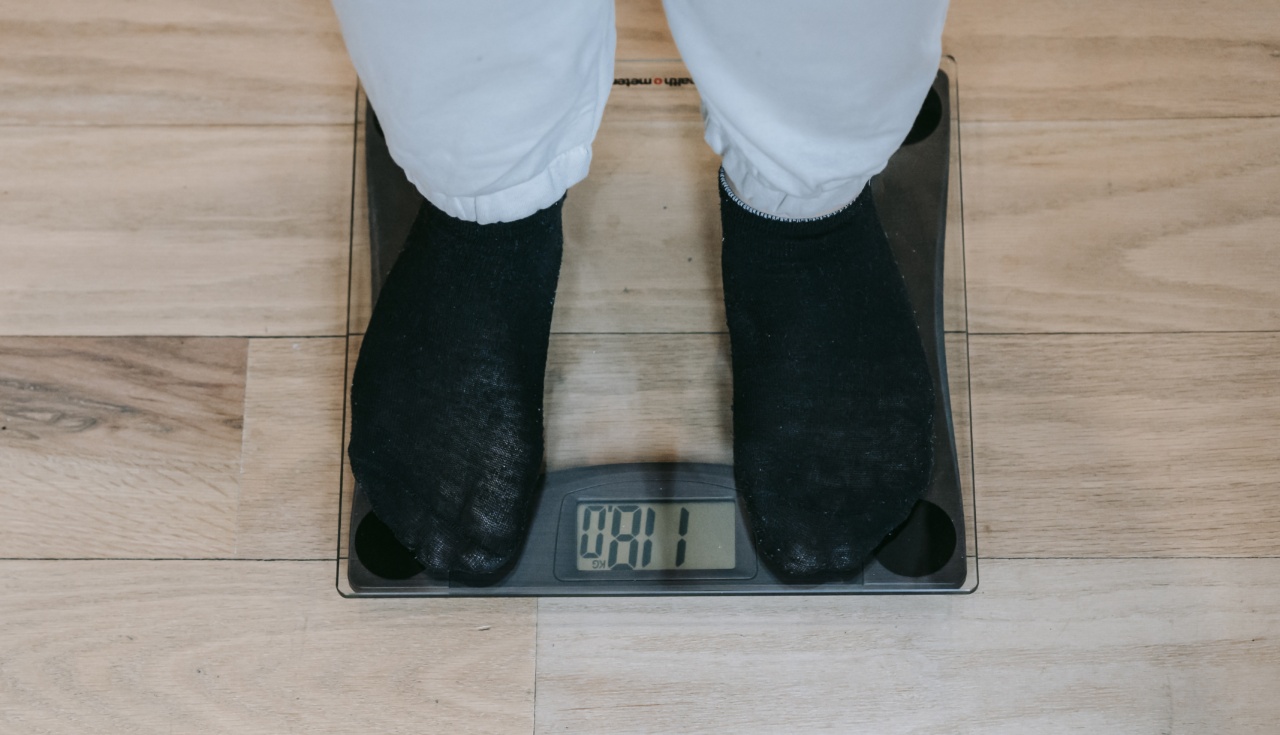When it comes to weight loss, one of the first things that often comes to mind is counting calories. Many people believe that in order to lose weight, you have to meticulously keep track of every calorie consumed and burned.
However, this approach can be tedious, time-consuming, and sometimes even counterproductive to your weight loss goals. In this article, we will explore why you don’t need to obsess over calories to lose weight and provide you with alternative strategies that can be equally effective.
Focus on the quality of your food
Instead of fixating on calorie numbers, it is more beneficial to focus on the quality of the food you consume. A healthy diet should prioritize nutrient-dense, whole foods that provide essential vitamins, minerals, and fiber.
By including a variety of fruits, vegetables, lean proteins, whole grains, and healthy fats in your meals, you can ensure that your body receives the necessary nutrients it needs to function optimally. These foods are generally more satiating, which means you’ll feel more satisfied and less inclined to overeat.
Listen to your body’s hunger and fullness cues
Our bodies have a remarkable ability to signal hunger and fullness. By paying attention to these cues and eating mindfully, you can naturally regulate your food intake without having to meticulously count calories.
When you eat, try to be present and focus on the flavors, textures, and sensations of the food. This can help you recognize your body’s fullness cues and prevent overeating. Similarly, tuning in to your hunger cues and eating when you are genuinely hungry can prevent mindless snacking and unnecessary calorie consumption.
Engage in regular physical activity
While diet plays a crucial role in weight loss, it is equally important to engage in regular physical activity. Exercise not only helps burn calories but also improves overall health, boosts metabolism, and enhances mood.
You don’t need to obsess over how many calories you burned during a workout session. Instead, focus on finding activities that you enjoy and make them a part of your routine. Whether it’s walking, dancing, swimming, or participating in a sport, finding ways to move your body regularly will contribute to your weight loss journey.
Emphasize portion control
Another effective strategy for weight loss is controlling portion sizes. Instead of counting calories, focus on becoming mindful of the amount of food you consume.
By using smaller plates, bowls, and utensils, you can trick your brain into feeling satisfied with smaller portions. Additionally, take your time while eating, chew slowly, and savor the flavors. This will allow your body to register when it is full, preventing you from overeating.
Include mindful eating habits
The practice of mindful eating can greatly contribute to weight loss without the need to obsess over calorie counting. By being fully present and engaged during meals, you can develop a better relationship with food.
Avoid distractions like television or electronic devices while eating, and pay attention to your body’s signals of hunger and fullness. Eat slowly, savor each bite, and listen to your body’s cues to determine when to stop eating. This approach can help prevent overeating and emotional eating, both of which can contribute to weight gain.
Manage stress and prioritize sleep
Stress and inadequate sleep can disrupt appetite regulation and lead to weight gain. When you are stressed, your body releases cortisol, a hormone that can increase hunger cravings, particularly for high-calorie foods.
Likewise, sleep deprivation can affect hormones related to hunger and appetite, leading to increased calorie consumption. By managing stress through practices like meditation, yoga, or engaging in hobbies, and ensuring you get enough restful sleep, you can support healthy weight management without obsessing over calorie numbers.
Focus on long-term sustainable habits
Rather than fixating on calorie counting as a short-term solution, it’s important to focus on adopting sustainable lifestyle habits. Weight loss should be seen as a marathon rather than a sprint.
Gradual changes to your eating patterns, activity levels, and mindset will lead to lasting results. Building sustainable habits like choosing whole foods, being mindful of portion sizes, embracing regular physical activity, and managing stress can all contribute to weight loss without the need to obsess over calories.
Stay consistent and practice self-compassion
Consistency is key when it comes to weight loss. It’s important to remember that occasional slip-ups or deviations from your plan are normal and should not be a cause for self-judgment or despair.
Instead of beating yourself up over a high-calorie meal or missed workout, practice self-compassion and focus on getting back on track. Remember that sustainable weight loss isn’t about perfection; it’s about making progress over time.
Conclusion
Counting calories may work for some individuals, but it is not necessary for everyone. Obsessing over calories can be time-consuming, emotionally draining, and may not promote a healthy relationship with food.
By focusing on the quality of your food, listening to your body’s hunger and fullness cues, engaging in regular physical activity, practicing portion control and mindful eating, managing stress, and prioritizing sleep, you can achieve weight loss without the need for calorie obsession. Remember, sustainable habits and consistency are the true keys to long-term success in your weight loss journey.





























